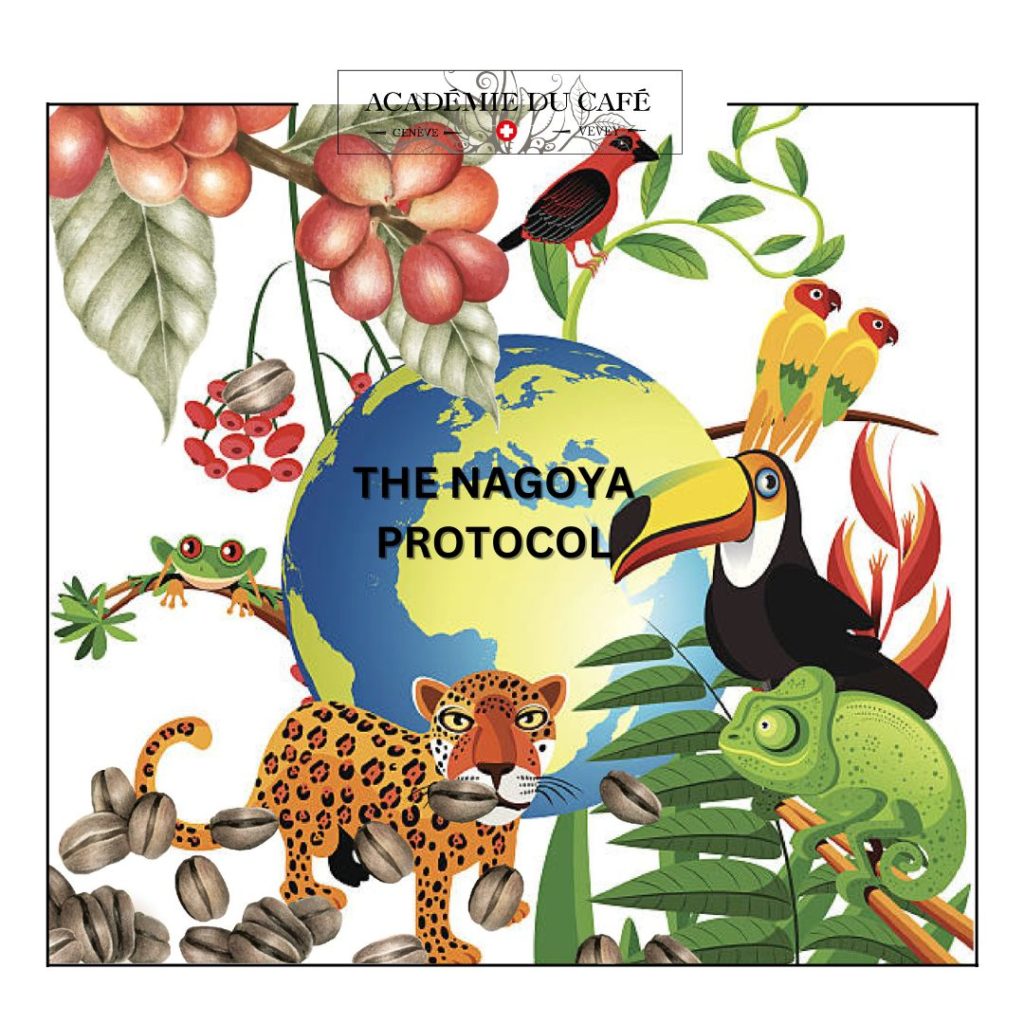
The Nagoya Protocol (signed in 2010 and effective in 2014)
The Nagoya Protocol is an international agreement under the Convention on Biological Diversity (CBD), aimed at ensuring the fair and equitable sharing of benefits arising from the utilization of genetic resources. Here’s an explanation using coffee as an example:
The Nagoya Protocol & Coffee:
Genetic Resources: Coffee, like many plants, is considered a genetic resource. Varieties of coffee such as Arabica and Robusta originated in specific regions (Ethiopia and Central Africa). These coffee varieties are valuable due to their unique traits, such as flavor, disease resistance, and environmental adaptability.
Access and Benefit-Sharing (ABS): The Nagoya Protocol ensures that when companies or researchers access these genetic resources for commercial purposes (like developing new coffee strains or flavors), they must obtain prior informed consent from the country of origin. In return, they agree to share the benefits (monetary or non-monetary) with the provider country. If a company develops a new coffee hybrid resistant to climate change using genetic material from Ethiopian Arabica, Ethiopia could receive financial compensation or access to the new technology.
Coffee Innovation: The protocol affects innovation in the coffee industry by promoting responsible research and development (R&D). Companies cannot freely exploit genetic materials from coffee-growing regions without negotiating with local governments or communities. This can foster collaboration between coffee innovators and coffee-producing countries, ensuring mutual benefits. However, it can also slow down innovation, as the process of obtaining consent and negotiating benefits can be lengthy.
Over 130 countries have ratified the Nagoya Protocol. Some key coffee-producing nations that have signed it include:
Ethiopia
Brazil
Colombia
Indonesia
Several European countries, such as Germany, France, and Italy, have also ratified it, which is important for the coffee import and specialty coffee industries. However, the United States has not ratified the Nagoya Protocol, meaning U.S. companies may not be subject to its legal framework but could face restrictions when dealing with countries that enforce it.
For more information, read the following article:
And the full text: https://lnkd.in/eUC5mizp